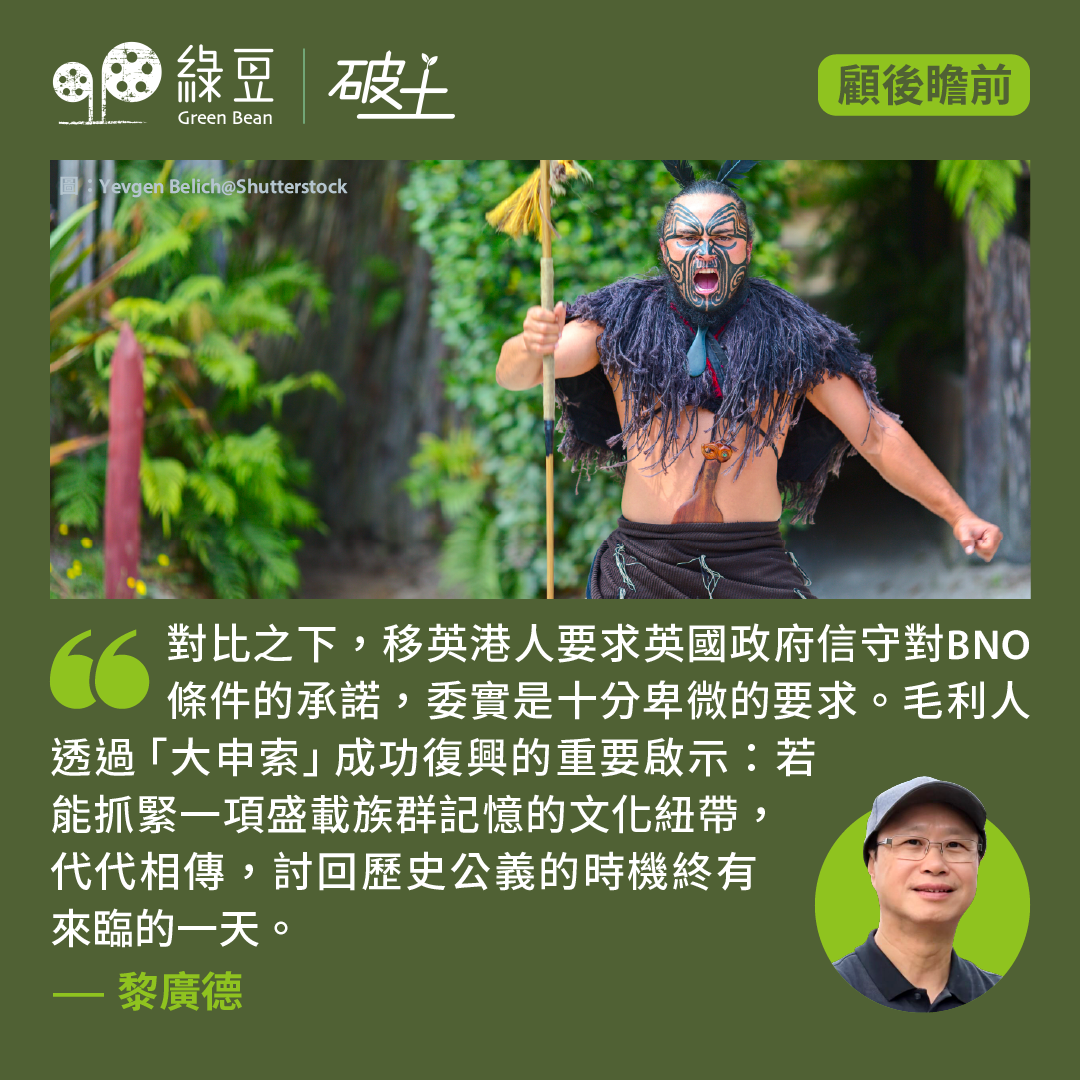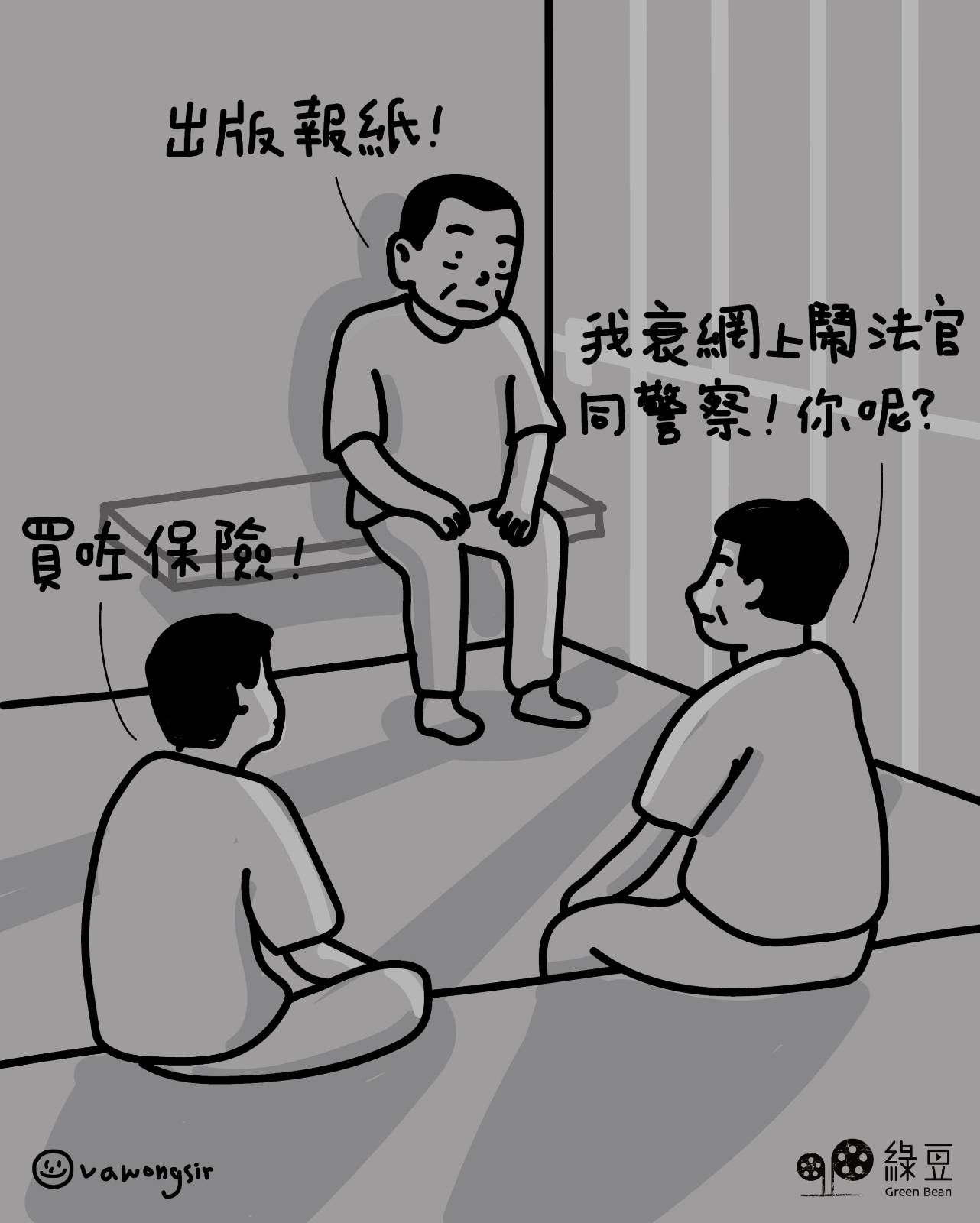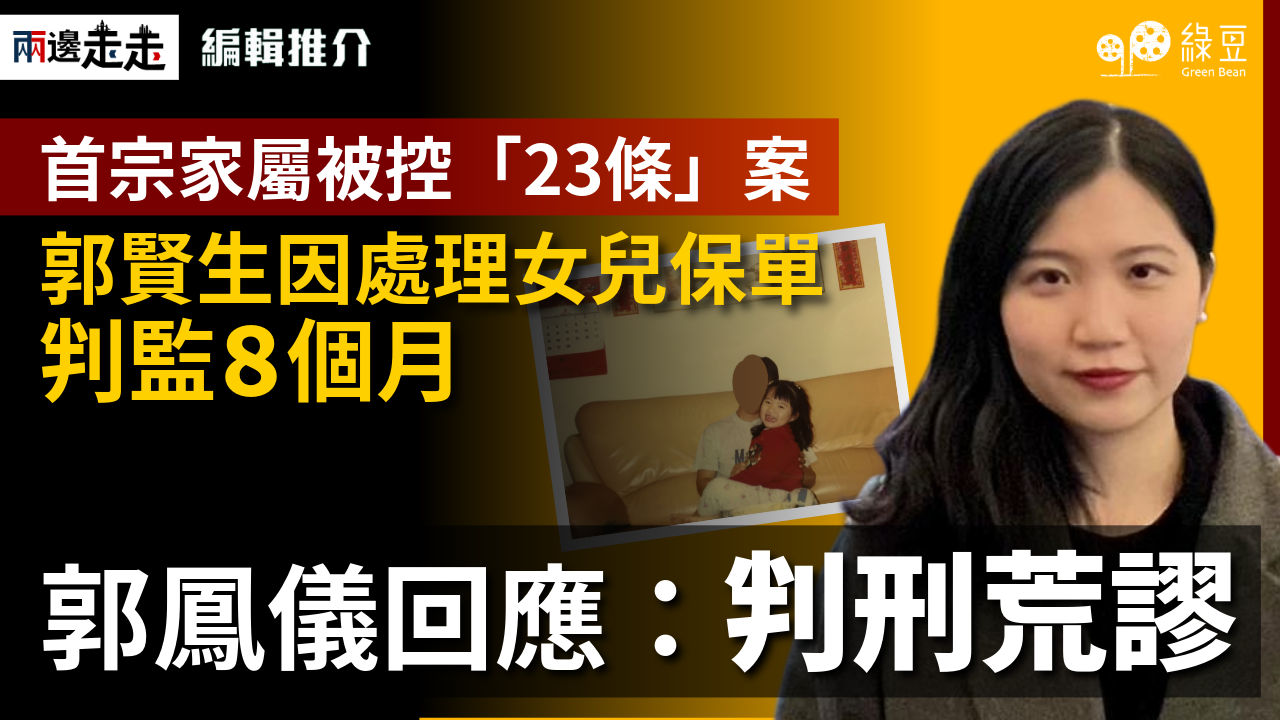Xia gives hope as Roach says HK is over

It sounds purely coincidental. Ten days after Stephen Roach, former chair of Morgan Stanley Asia, lamented “Hong Kong is over” in an article published in the Financial Times, China’s top official in charge of Hong Kong affairs on last Thursday (22/2) kicked off an “inspection-cum-investigation” trip to the city.
Xia Baolong, who heads both the Hong Kong and Macau Affairs offices under China’s ruling Communist Party and State Council respectively, said he hoped to sit down with different sectors of the society to seek and formulate new development plans for Hong Kong.
At the time of the writing of this article, Xia, who is scheduled to finish the visit on Wednesday (28/2), has not shed light on new “help-Hong Kong” initiatives.
Expansion of the individual visitors
On Friday, the mainland authorities announced residents from two more mainland cities, Xi’an in central China and Qingdao, a northeastern coastal city, will be allowed to visit Hong Kong on an individual basis. Local tourism sector said it will help boost the industry. Media reports said more cities, including Harbin, another northeastern city, are next on the line.
Citing the relaxation move, Chief Executive John Lee said it shows President Xi Jinping cared about Hong Kong. Tourism minister Kevin Yeung said both Xi’an and Qingdao cities have had “high-income” and big-spending residents.
It remains unclear, if not unconvincing, how further expansion of the individual visitors’ programme could revitalise Hong Kong’s economy.
If any, it may only give a slight boost to sentiments of certain sectors in the society with Beijing lending a helping hand. But judging from the analysis by Roach, it sounds too little to reverse the trend of the demise of Hong Kong.
The protective shield for Hong Kong
In the Financial Times article under the headline “It pains me to say Hong Kong is over”, Roach attributed the demise of Hong Kong to the confluence of three factors, namely domestic politics, the China factor and global developments.
The Chinese economy, structural problems including debt, deflation and demography, and other factors have taken their toll on Hong Kong’s stock market. Hong Kong, he wrote, “has been trapped in the crossfire” since 2018 when the China-US rivalry worsened.
On the domestic front, China’s imposition of the national security law after the anti-extradition bill protests in 2019 “shredded any remaining semblance of local political autonomy, Roach argued.
Pundits may dismiss Roach’s analysis as nothing new. It does hit the nail on the head, highlighting the crux of the danger of the decline of Hong Kong. When the domestic, China and global factors become unfavourable and converge, it means Hong Kong is in great trouble as it is the case now.
With hindsight, late Chinese patriarch Deng Xiaoping might not have predicted the intensity of the China-US rivalry in recent years when he broached the concept of “one country, two systems” for Hong Kong in early 1980s after the city reverted to Chinese sovereignty in 1997.
One thing is clear. The policy of keeping Hong Kong’s systems unchanged and different from other mainland cities could help ensure the city enjoys special status in world politics. In a sense, the “one country, two systems” framework could serve as a protective shield for Hong Kong to be left unharmed, or get less wounded, in the political crossfires between China and other countries.
To Roach, the Beijing-centric national security law has put an early end to Hong Kong’s “local political autonomy.” That has effectively made Hong Kong vulnerable to China’s political battles with foreign powers.
Face the reality?
Chief Secretary Eric Chan Kwok-ki dismissed Roach’s comments as “fear-mongering.” In an attempt to discredit Roach, Executive Council convenor Regina Ip claimed Roach had not visited the city in recent years. It was backfired when Roach wrote on his social media he had visited three times last year.
A renowned economist and dubbed as a friend of China, Roach’s verdict on Hong Kong has understandably upset the Hong Kong and mainland authorities. But like it or not, it has resonated in some quarters of the local and international business and political circles.
In a nutshell, it has uncovered the plain truth of the interplay of unfavourable external economies and bad politics behind Hong Kong’s dilemma.
Through a series of visits and meetings, Xia is said to be keen to identify the root causes of economic and livelihood problems and give diagnosis and medications for Hong Kong to usher in a new era.
It should not take long for him and his aides to find out the roots of the problems are stem from the politics of “one country, two systems.” But whether the central authorities would face the reality and rethink the strategy of the decades-old policy is another matter.
▌[At Large] About the Author
Chris Yeung is a veteran journalist, a founder and chief writer of the now-disbanded CitizenNews; he now runs a daily news commentary channel on Youtube. He had formerly worked with the South China Morning Post and the Hong Kong Economic Journal.





